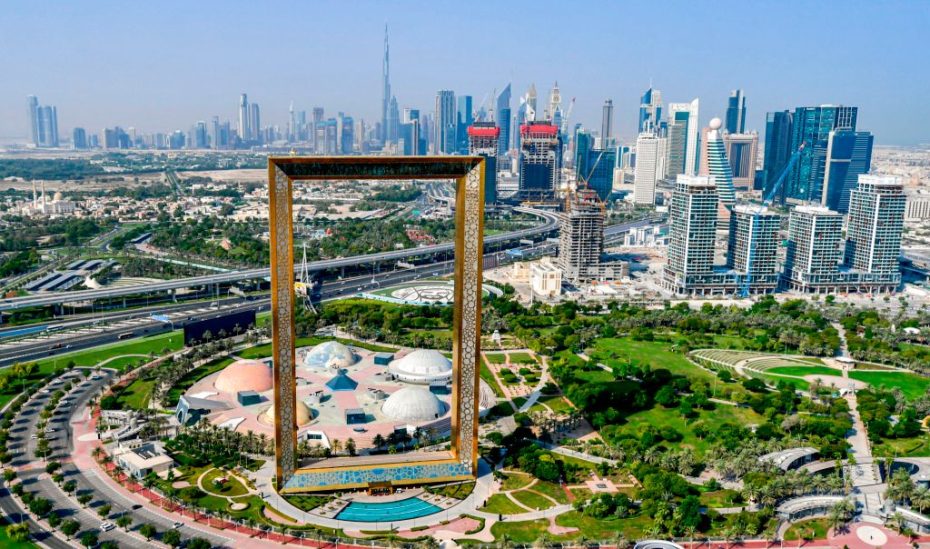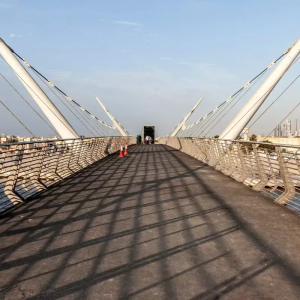Dubai, known for its rapid development and ambitious projects, has accumulated national debt over the years due to large-scale infrastructure, real estate, and economic diversification initiatives. While the emirate has built a global reputation for economic resilience, the national debt remains a topic of interest for investors, economists, and policymakers.
This article examines Dubai’s national debt, its economic implications, debt management strategies, and the future outlook for the emirate’s financial stability.
Dubai’s Debt Structure
Unlike many sovereign nations, Dubai does not have independent oil wealth like Abu Dhabi, and its economic growth has been primarily driven by trade, tourism, real estate, and financial services. The national debt of Dubai primarily consists of:

- Government Bonds and Sukuks: Dubai has issued bonds and sukuks (Islamic bonds) to finance infrastructure and economic projects.
- Loans from Banks and Financial Institutions: Dubai-based companies, including government-related entities (GREs), have taken loans to fund development.
- Obligations from Government-Related Entities (GREs): Entities like Dubai World, Dubai Holding, and Emaar contribute significantly to the emirate’s debt burden.
- Infrastructure Financing: Mega projects like the Dubai Metro, airports, and real estate developments have led to substantial borrowing.
Historical Debt Challenges
Dubai faced a significant debt crisis in 2009, when Dubai World, one of the emirate’s key GREs, struggled to repay its obligations amounting to approximately $25 billion. The situation led to concerns over Dubai’s financial stability, prompting intervention from Abu Dhabi, which provided a $10 billion bailout to help manage the crisis.
Since then, Dubai has adopted structured repayment plans, refinancing options, and economic reforms to prevent similar debt crises. However, external economic pressures, such as the global financial downturns and the COVID-19 pandemic, have influenced Dubai’s debt levels over the years.

Current Debt Situation
As of recent estimates, Dubai’s total debt is projected to be between $100 billion and $150 billion, including government obligations and GRE liabilities. However, Dubai’s proactive debt management strategies have ensured that its economy remains stable and continues to attract investors.
Dubai’s approach to debt includes:
- Debt Restructuring: Working with creditors to extend payment schedules and reduce immediate financial pressure.
- Asset Sales and Privatization: Selling stakes in government-owned enterprises to raise capital.
- Diversification of Revenue Streams: Expanding non-oil sectors such as tourism, technology, and finance to increase revenue and sustain growth.
Economic Implications of Dubai’s Debt
Dubai’s debt has played a crucial role in fueling economic growth and infrastructure expansion. However, it also presents potential risks and challenges:
- Positive Aspects:
- Supports infrastructure and urban development.
- Enhances global investor confidence through structured debt management.
- Boosts the tourism, trade, and real estate sectors.
- Challenges:
- Requires consistent economic growth to sustain debt repayments.
- Exposure to global economic shocks can impact liquidity.
- Potential investor concerns over GRE debt and repayment timelines.
Future Outlook and Debt Sustainability
Dubai’s future debt management strategy focuses on fiscal discipline, economic diversification, and foreign investment attraction. The emirate is implementing:
- Public-Private Partnerships (PPP): Encouraging private sector participation in infrastructure projects.
- Green and Sustainable Bonds: Issuing bonds that finance environmentally friendly projects, aligning with global sustainability trends.
- Expanding Digital and Financial Services: Strengthening its role as a global financial hub to generate additional revenue streams.
Despite its debt, Dubai’s long-term economic outlook remains positive due to its robust infrastructure, investor-friendly policies, and diversified economy.
Conclusion
Dubai’s national debt is a result of its ambitious development strategy and rapid economic expansion. While challenges exist, the emirate’s strong economic policies and investment-driven approach help maintain financial stability. With careful debt management and continued economic diversification, Dubai is well-positioned to sustain growth and remain a leading global business hub.
Do follow Uae stories for more Updates
Qalat Baalbak Restaurant: A Hidden Culinary Treasure You Need to Visit












